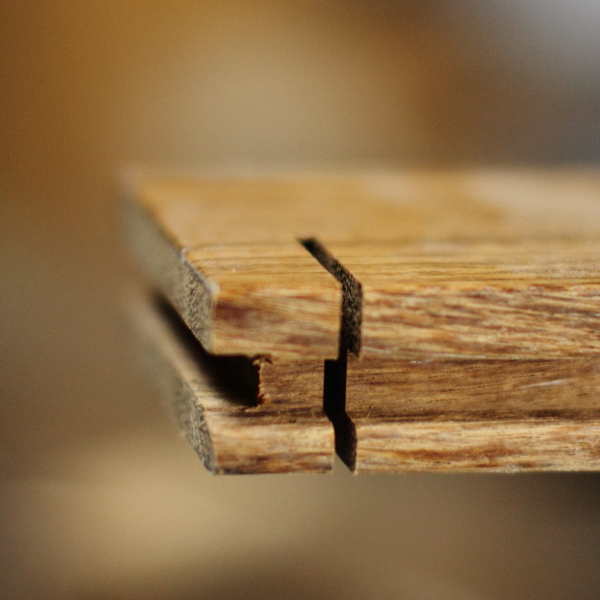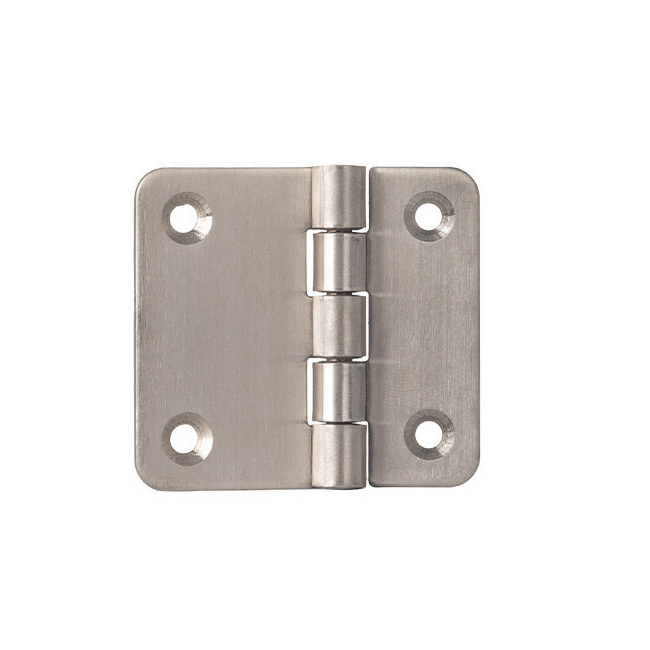The Trowel: Your Go-To Tool for Precision in Every Project
The trowel is an indispensable hand tool used in a variety of fields, including construction, masonry, and gardening. Its primary role is to spread, smooth, and shape materials like mortar, concrete, and soil, making it a crucial tool for tasks that require precision and attention to detail. From planting in the garden to laying bricks or installing geosynthetics for drainage, the trowel’s versatility ensures it fits perfectly into any project.

What are the different types of trowels?
There are several types of trowels, each designed to handle specific tasks:
- Brick Trowel: For applying mortar when laying bricks.
- Pointing Trowel: A smaller trowel used for detail work like filling small gaps in masonry.
- Garden Trowel: A popular choice for planting and transferring soil in small garden spaces.
- Finishing Trowel: Best for smoothing and finishing concrete surfaces.
The variety in design allows you to pick the right trowel for the job, ensuring both accuracy and ease of use.
How does a trowel aid in masonry?
In masonry work, trowels play a key role in applying and shaping mortar between bricks or stones. Here’s how to use one:
- Scoop the mortar onto the trowel.
- Apply the mortar to the brick surface.
- Spread it evenly to ensure proper bonding between bricks.
- Remove excess mortar for a neat and clean look.
Masonry trowels are designed to ensure precision, resulting in a strong and long-lasting structure.
What should you consider when choosing a trowel?
When selecting a trowel, keep these key factors in mind:
- Blade Size: Larger blades for spreading, smaller blades for intricate tasks.
- Handle Comfort: A well-designed handle reduces hand fatigue.
- Material Durability: Stainless steel trowels resist rust, while carbon steel offers more strength but needs maintenance.
Can a trowel be used for geosynthetics?
Yes, trowels are extremely helpful in geosynthetic installations such as laying geonets for drainage and erosion control. They can be used to:
- Level the ground before placing geonets.
- Dig small trenches to embed the geonet edges.
- Compact the soil or gravel around the geonet for stability.
This shows that trowels are versatile tools, applicable in both simple and complex construction projects.
With its broad range of uses, from gardening to masonry and even geosynthetic installations, the trowel is a must-have tool in any toolbox. The right trowel can enhance the quality of your work, ensuring precision and efficiency.



